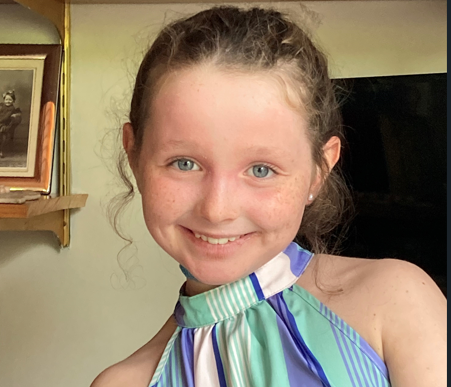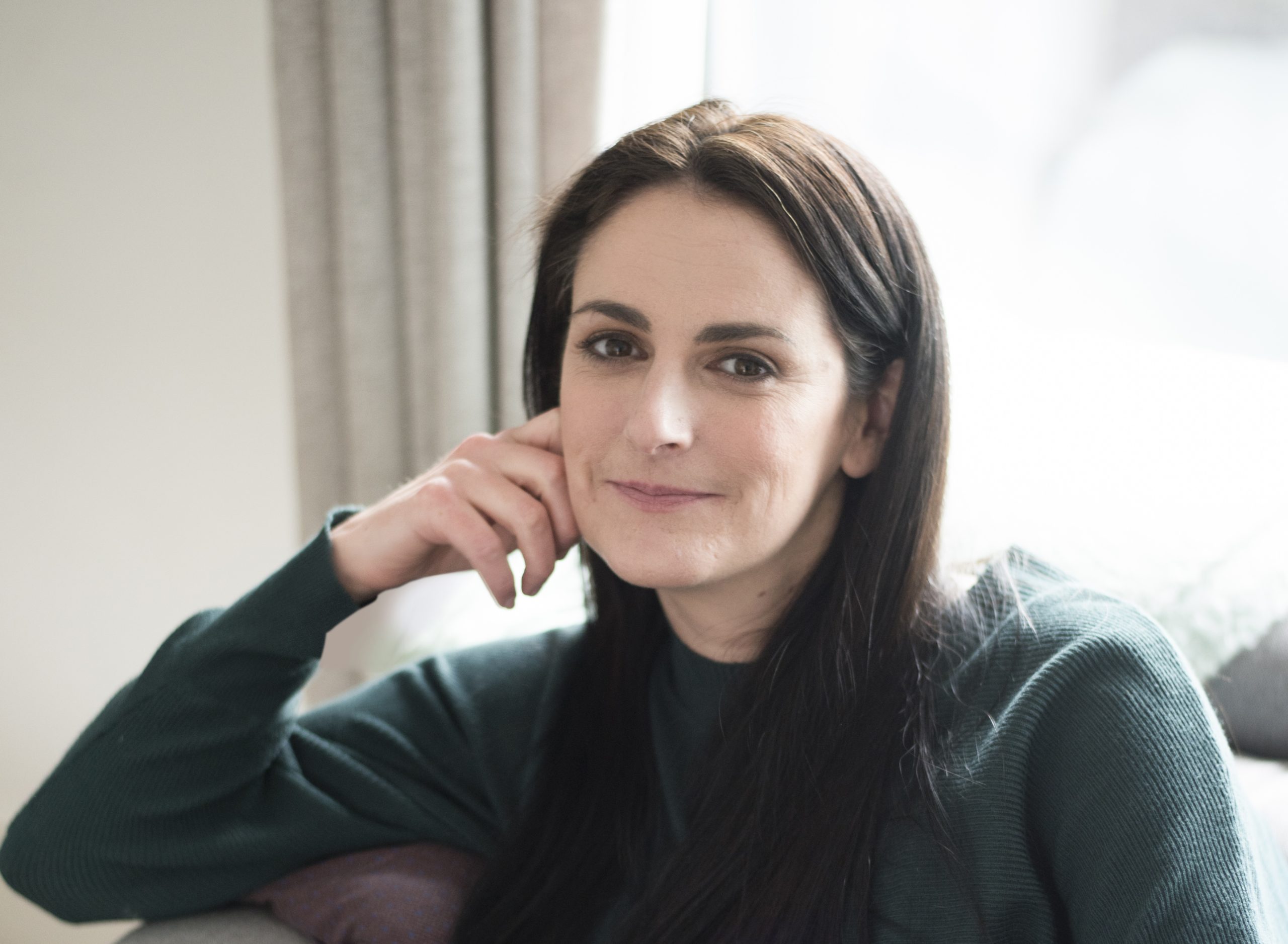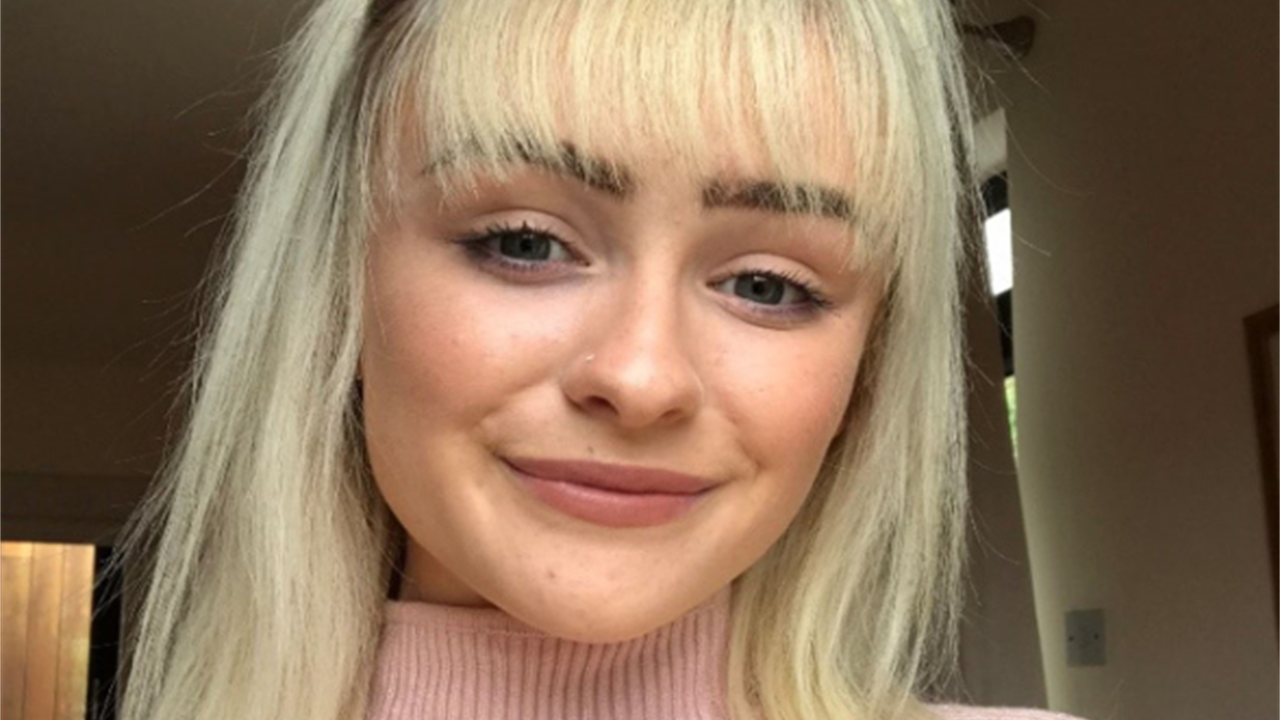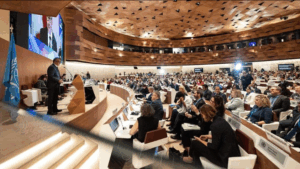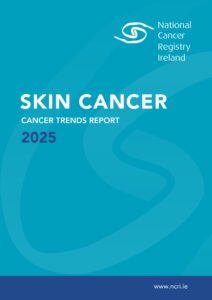RTE radio presenter Paul Herriott believes he wouldn’t be able to do his job if it weren’t for the help of doctors to bring his eczema under control.
Herriott now presents a live concert broadcast from the Dublin’s National Concert Hall featuring the RTÉ National Symphony Orchestra, on RTE’s Lyric FM on Friday nights.
Before he started this role, he had a “major flare-up” of eczema, and required four days of intensive treatment to bring it under control.
Eczema, also known as atopic dermatitis (AD), is a very common, non-contagious, chronic (long-term), inflammatory skin condition of varying severity. Although it can start at any time of life, it most frequently begins in infancy, affecting as many as one in five children and one in ten adults.
“I ambled along with eczema as most people do, but I didn’t really have a major flare up until my mid-40s,” Herriot, an advocate for the Irish Skin Foundation, said today.
“Like an awful lot of people who suffer from the condition, it was something that happened as a by-product of childhood asthma. The asthma cleared up on the whole completely, but I was left with eczema as a part of that.”
“I was scratching behind the knees, or in the folds of the arm they would get itchy. As a child I was itching a lot. I was aware that I had very dry skin. In a way I developed thick skin ironically, because I was told not to scratch. That was the first indication that something was wrong.”
“As a child growing up in Belfast in the 70s this wasn’t something you wanted to talk about. I was taken to the dermatologist who prescribed steroids and you got on with it.”
But he said: “About 10 years ago it began to kick in, I had a major flare up. Usually for me it’s a drop in temperature that causes it, which is about this time of year. It goes down from 18/19 degrees straight to 10 degrees – that could cause a flare up for me, or stress could cause a flare up.”
Herriott underwent four days of wet wrapping, a treatment for eczema, at St Vincent’s Hospital before it was brought under control.
“Like an awful lot of people, I had been on a waiting list and hadn’t seen anyone. Then it got worse and it affected my work. On Lyric I was working late hours, I was doing The Blue of The Night, and I was referred to a consultant, Professor Sarah Rogers, and she was able to confirm pretty immediately that I was in a bad way. It was also the first time a consultant and nursing staff had said to me ‘how did I feel?’
“I did that thing that everyone does with a condition. I said ‘I feel fine, really I’m fine’, and they said, ‘you’re lying’. Part of the road to doing something about it is to admit you have it.”
“It’s probably best described as a burning up on the inside. You can feel it’s on it’s way,” he said.
“I was immediately taken in, I had lesions and scratch marks, and I was told ‘we’re going to wet wrap you’, so I was wrapped up in emollient bandages.”
“After four days of that, I emerged out with perfect skin, like the skin of a teenager. For the first time in my life, I was able to run my finger down my arm and not scratch it.”
Eczema is recognisable by the presence of red, dry, itchy skin, which can sometimes weep, become blistered, crusted and thickened. However, an intense itch is the major symptom.
Scratching only provides momentary relief, and leads to more itching and scratching, which is known as the itch-scratch cycle.
Herriott explains that communication and education are vital.
“Talk with your GP or dermatologist and don’t be afraid to say how you feel. What works for one person may not work for another so it is important to have an open line of communication with your professional”.
“Eczema can be a very lonely condition but once you admit it to yourself, you can then start to seek the right treatment for you and your skin”
He is an advocate for people with eczema to talk to others, and not to suffer in silence.
“The skin is our last sort of vestige of protection against the world.”
“You go into denial, because it’s not your heart, lungs, and you think ‘oh I’ll just put something on it’. I needed to be put back together, and I was.”
“You’re never cured but when you’ve had that level of improvement, you want to share that with people.”
“It’s not something people want to talk about, and that’s what made me realise how wonderful the Irish Skin Foundation is,” he said.
“Education is the big thing. Accepting the fact that you have eczema and educating yourself about the triggers and where to get help is part of it.”
Reproduced with the kind permission of the Irish Independent, the original article by journalist Geraldine Gittins appeared on 12 September 2017.
Paul is also a patient advocate for people living with eczema and in 2020 joined the ISF in calling for access to game-changing eczema treatment.
For more information about Atopic Dermatitis and Eczema, visit our Eczema Section to download our booklet, What you need to know about Eczema or contact the ISF Nurse Helpline.

